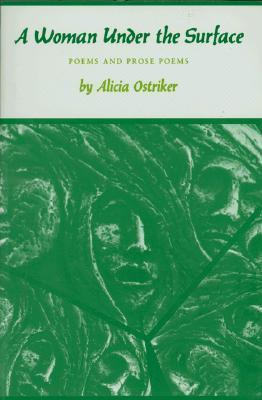

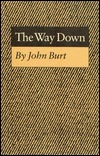
Books in series

A Woman Under the Surface
Poems and Prose Poems
1982

The Double Witness
Poems: 1970-1976
1977

The Way Down
1988

Visiting Rites
1982
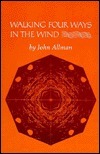
Walking Four Ways in the Wind
1979
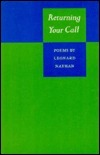
Returning Your Call
Poems
1975

Pass it On
1989

A Drink at the Mirage
1984
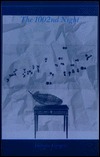
The 1002nd Night
1990
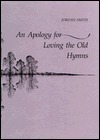
An Apology for Loving the Old Hymns
1982

Wall to Wall Speaks
1988

The New World
1985

The Power to Change Geography
1979

Poems
1990
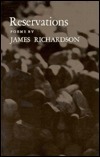
Reservations
Poems
1977

First Nights
Poems
2016

Scaffolding
Poems
2016
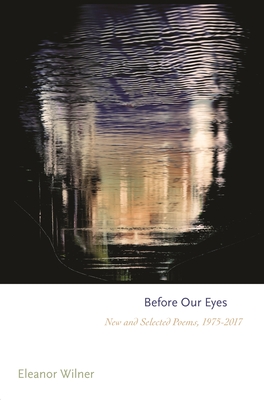
Before Our Eyes
New and Selected Poems, 1975–2017
2019
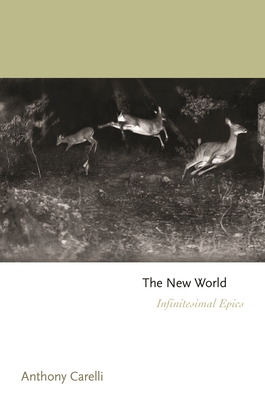
The New World
Infinitesimal Epics
2021
Authors
Rachel Hadas, is a teacher, writer, and the author of numerous books of poetry, essays, and translations. She has been a finalist for the Lenore Marshall Poetry Prize."

Debora Greger (b. 1949) is an American poet and visual artist. Greger was raised in Richland, Washington. She attended the University of Washington and then the Iowa Writers' Workshop. Greger then went on to hold fellowships at the Fine Arts Work Center in Provincetown and at Harvard University's Radcliffe Institute for Advanced Study. She was professor of English and creative writing at the University of Florida until retiring. Greger now works as Poet-in-Residence at the Harn Museum of Art. Greger has published numerous books of poetry, including Men, Women, and Ghosts (2008), and her work has been included in issues of Best American Poetry . As a reviewer for Publishers Weekly observed, Greger “rarely rejoices, though she can surely console; her pruned-back, autumnal sensibility and her balanced lines suit the scenes she portrays.” Her poetry has been included in six volumes of The Best American Poetry and she has exhibited her artwork at several galleries and museums across the country. She also has a poem on Poetry 180 in number 42. Her work appeared in Paris Review, The Nation, Poetry, and The New Criterion. Debora Greger lives in Gainesville, Florida and Cambridge, England with her life-partner, the poet and critic, William Logan.
Eléna Rivera was born in Mexico City and spent her childhood in Paris. She is the author of Mistakes, Accidents and the Want of Liberty (Barque Press, 2006), Suggestions at Every Turn (Seeing Eye Books, 2005), Unknowne Land (Kelsey St. Press, 2000), Wale; or, the Corse (Leave Books, 1995), and a recent pamphlet entitled Disturbances in the Ocean of Air (Phylum Press, 2005). She received a MacDowell Residency fellowship March-April 2005, won first prize in the 1998 Stand Magazine International Poetry Competition, the 1999 Frances Jaffer Book Award, and a Gertrude Stein Award for Innovative Writing 1995. She was awarded the 2007 Witter Bynner Poetry Translator Residency at the Santa Fe Art Institute in New Mexico.

